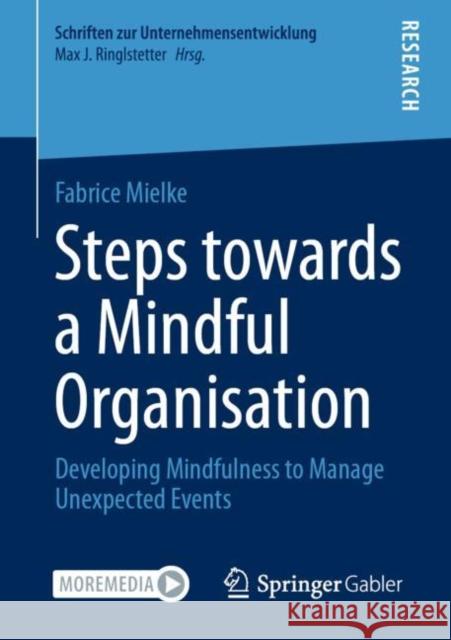Steps Towards a Mindful Organisation: Developing Mindfulness to Manage Unexpected Events » książka
topmenu
Steps Towards a Mindful Organisation: Developing Mindfulness to Manage Unexpected Events
ISBN-13: 9783658332013 / Angielski / Miękka / 2021 / 300 str.
Kategorie:
Kategorie BISAC:
Wydawca:
Springer Gabler
Seria wydawnicza:
Język:
Angielski
ISBN-13:
9783658332013
Rok wydania:
2021
Wydanie:
2021
Numer serii:
000440482
Ilość stron:
300
Waga:
0.42 kg
Wymiary:
21.01 x 14.81 x 1.85
Oprawa:
Miękka
Wolumenów:
01
Dodatkowe informacje:
Wydanie ilustrowane











